The Honor Magic 6 Pro camera seriously blows me away
Cutting-edge hardware and software make for an amazing experience.
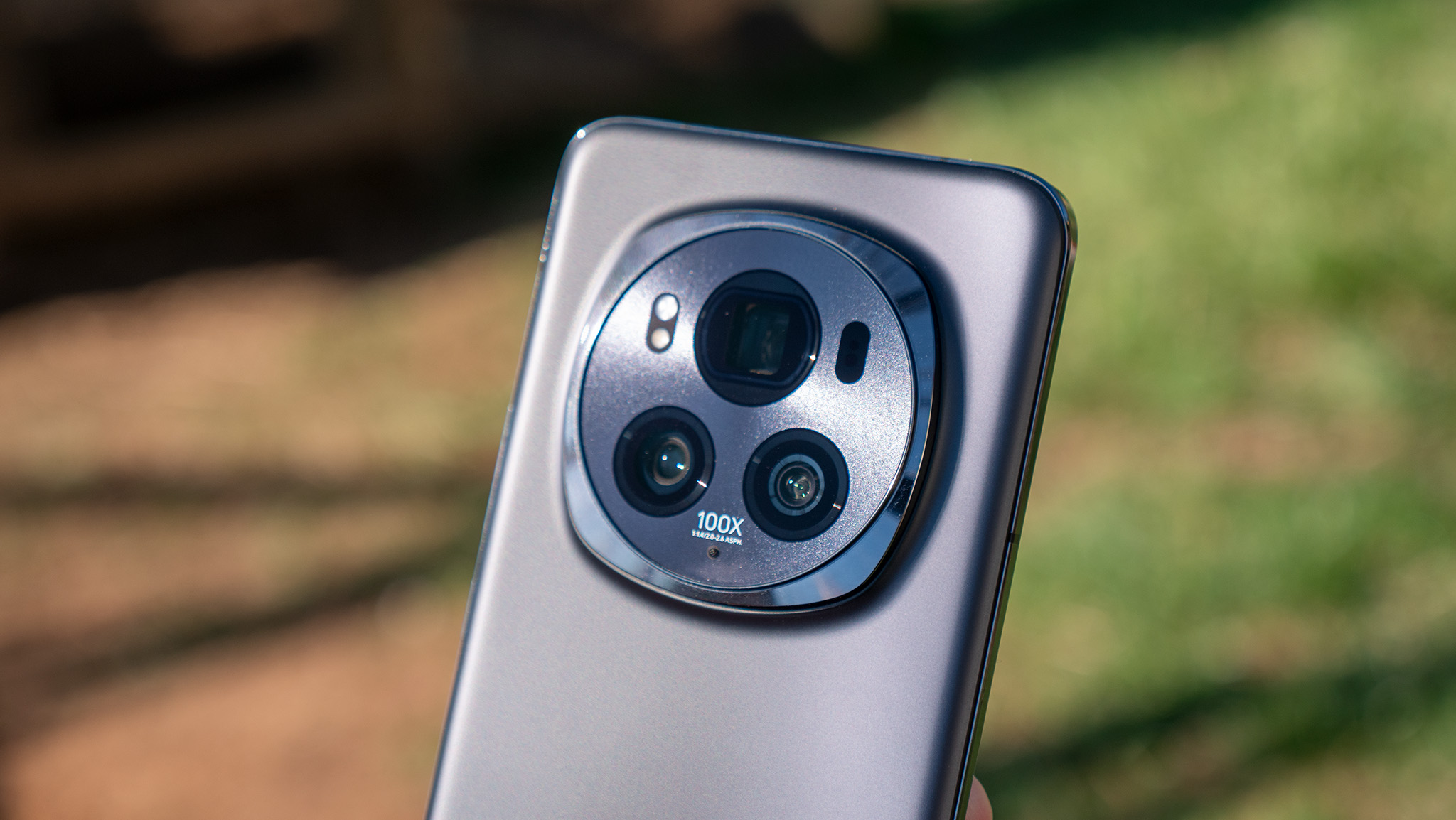
Get the latest news from Android Central, your trusted companion in the world of Android
You are now subscribed
Your newsletter sign-up was successful
The Honor Magic 6 Pro camera is the first smartphone camera that has blown me away in years. I review a lot of phones and put all of them through rigorous camera tests, and Honor's latest feels like a huge breakthrough in so many ways.
At the forefront of the improvements is the upgraded Falcon Camera System, a fancy name for a triple camera array powered by the smartest software Honor has ever developed. It easily sits among the best Android phones and regularly produces excellent quality images.
While you may think the new 180MP telephoto camera is the centerpiece of the experience, it's the upgraded AI capabilities of the camera that shine through beyond excellent imaging capabilities. Honor's upgraded AI Motion Sensing Capture is so smart it'll take photos for you, and it's downright impressive how great these look, too.
Considering that flagships like the Samsung Galaxy S24 Ultra still struggle to capture motion, it's refreshing to see a company go out of its way to deliver a smartphone camera experience that goes so above and beyond to solve this problem.
Honor Magic 6 Pro camera: Motion capture
The Honor Magic 6 Pro's ability to capture motion is unmatched among phones I've tested over the years. Yes, it even beats a Pixel.
Not only does the phone excel in capturing crisp photos of moving pets and kids, but the software is intelligent enough to automatically capture photos when certain movement is detected.
Honor says it trained its AI algorithm with over eight million images containing moving subjects, enabling the camera's software to understand things like facial expressions, human body movement, jumping, and more.
Get the latest news from Android Central, your trusted companion in the world of Android
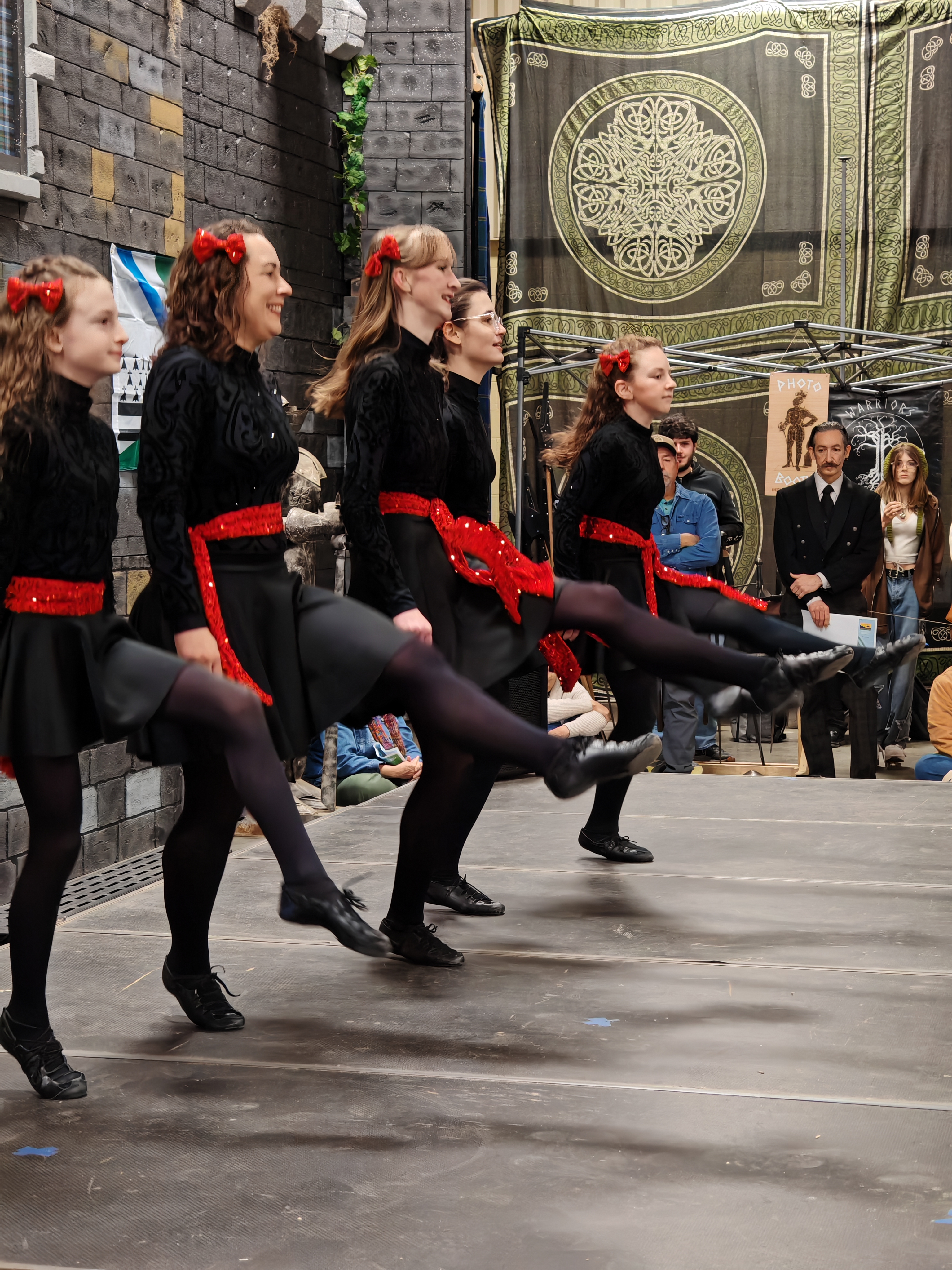
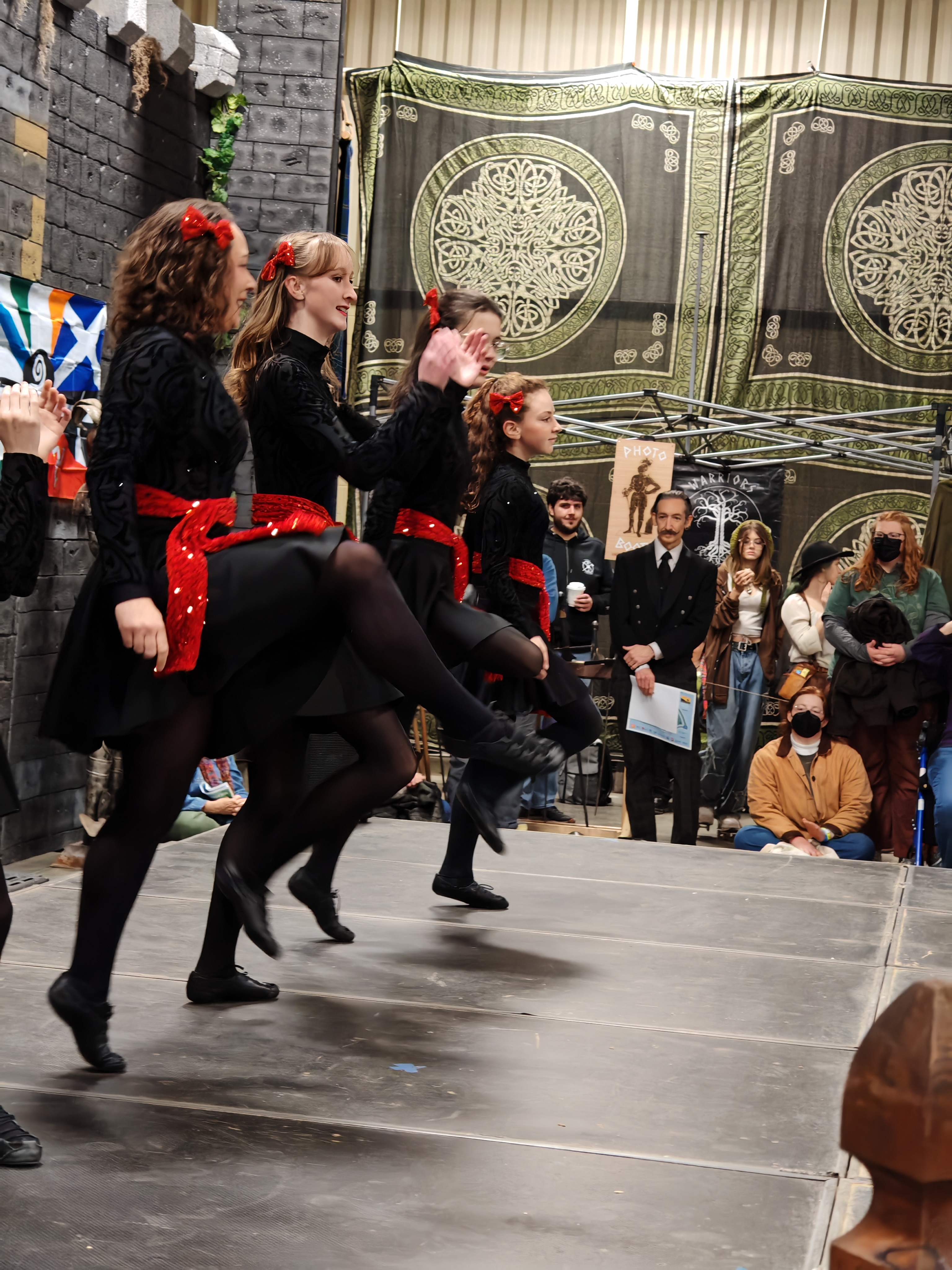
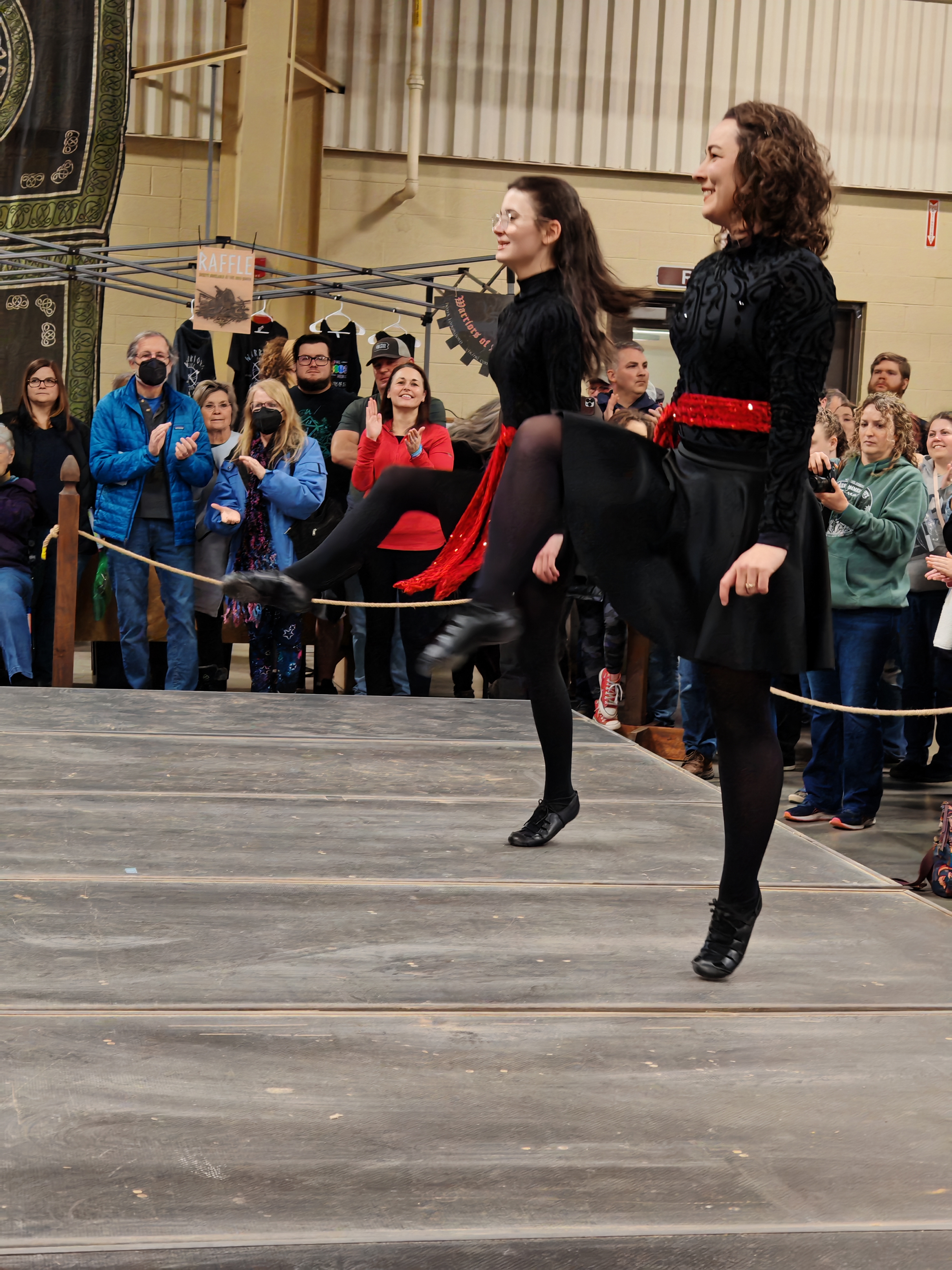
To specifically test out the automatic movement capture capabilities, I took the phone to the local Celtic Fest and let it capture photos of the Irish dancers on stage. All I did was open the camera app and point it at the stage, the AI algorithm did all the rest of the work.
Automatic image capture might sound like a gimmick until you find yourself in a situation where it's needed.
Automatic image capture may sound like a silly gimmick, but it works incredibly well in my testing. As a parent, sometimes it's hard to have two free hands, much less one. Having a phone that can capture the moment by just using one hand is a stroke of genius.
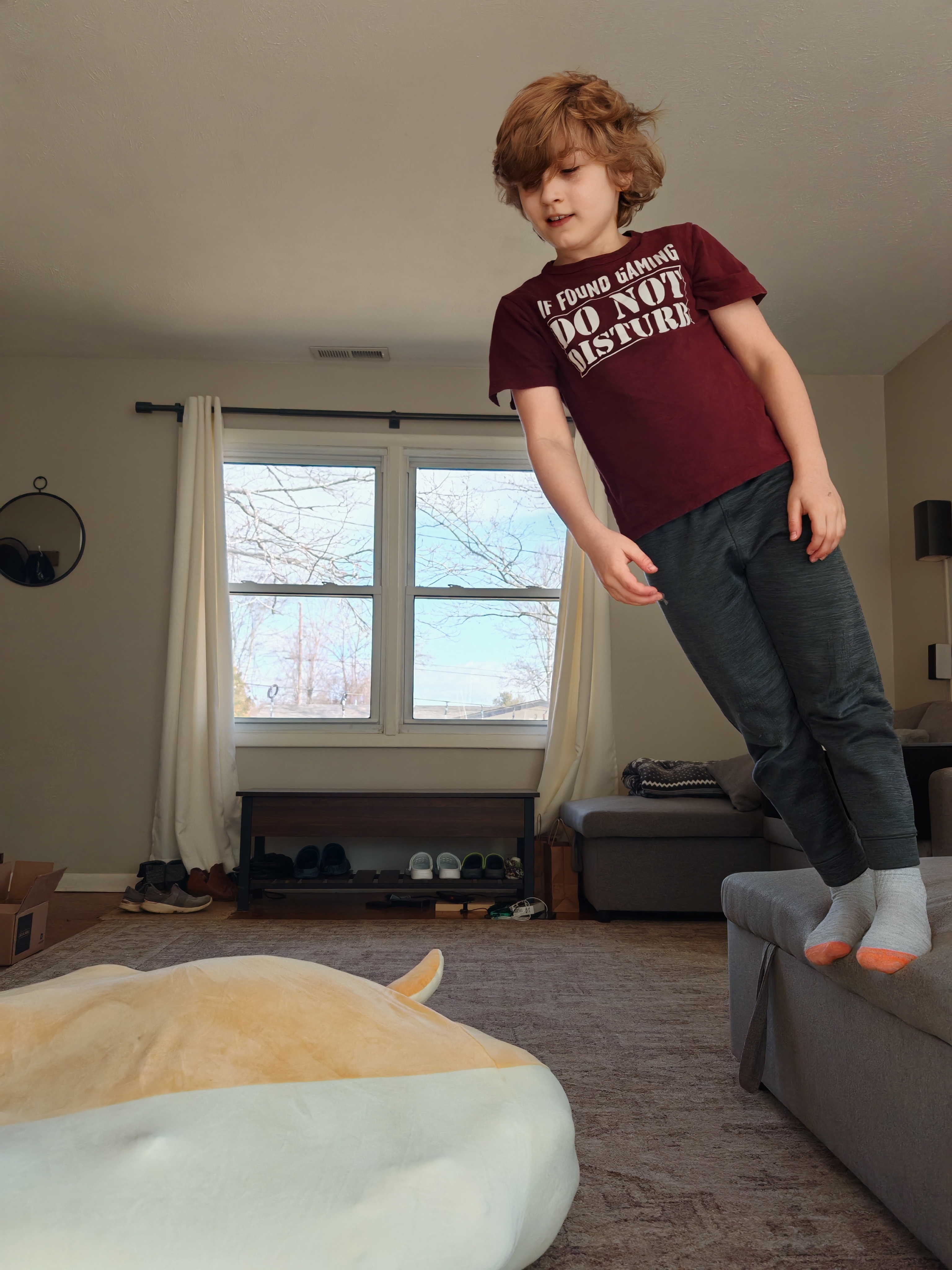
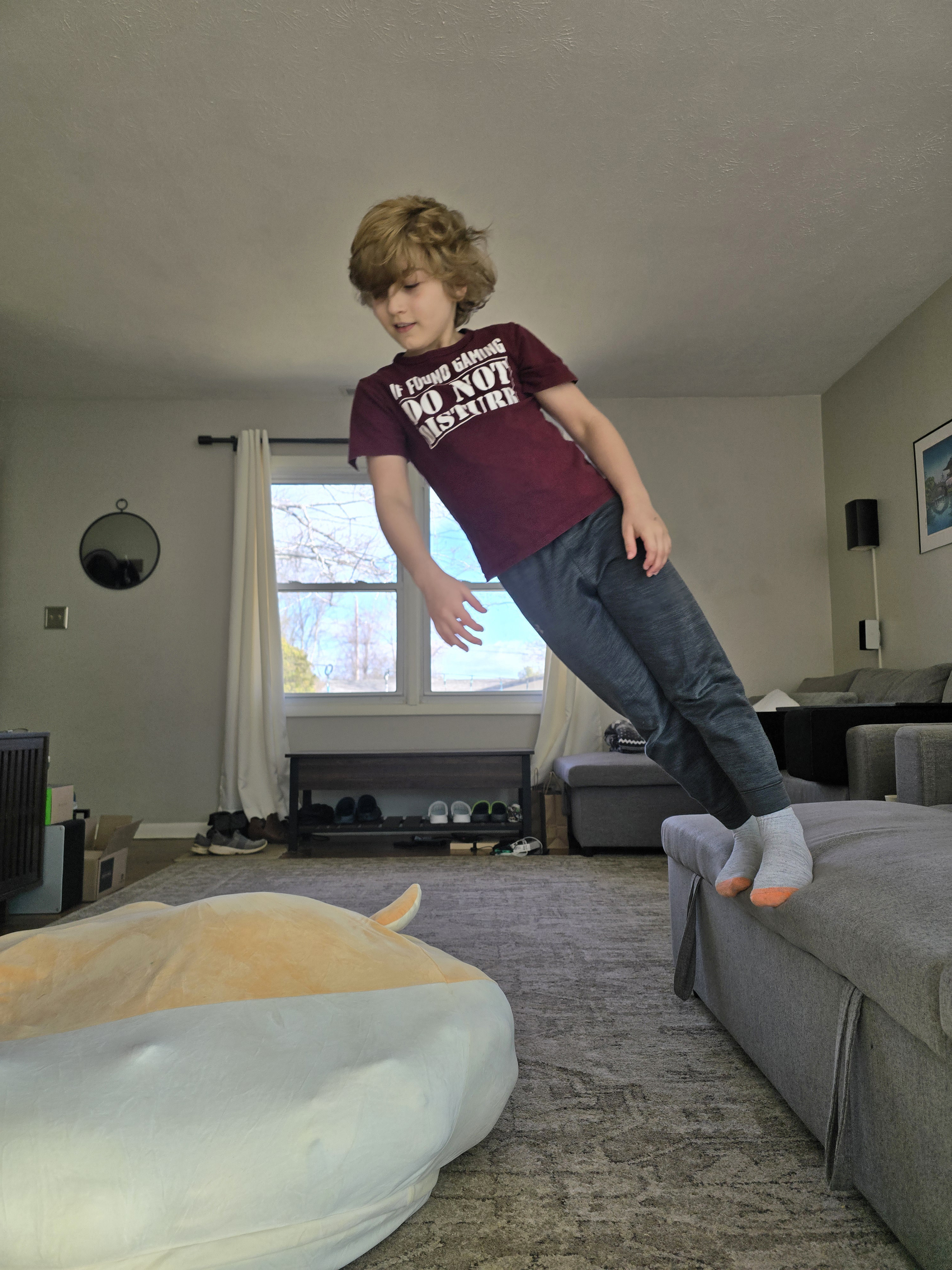
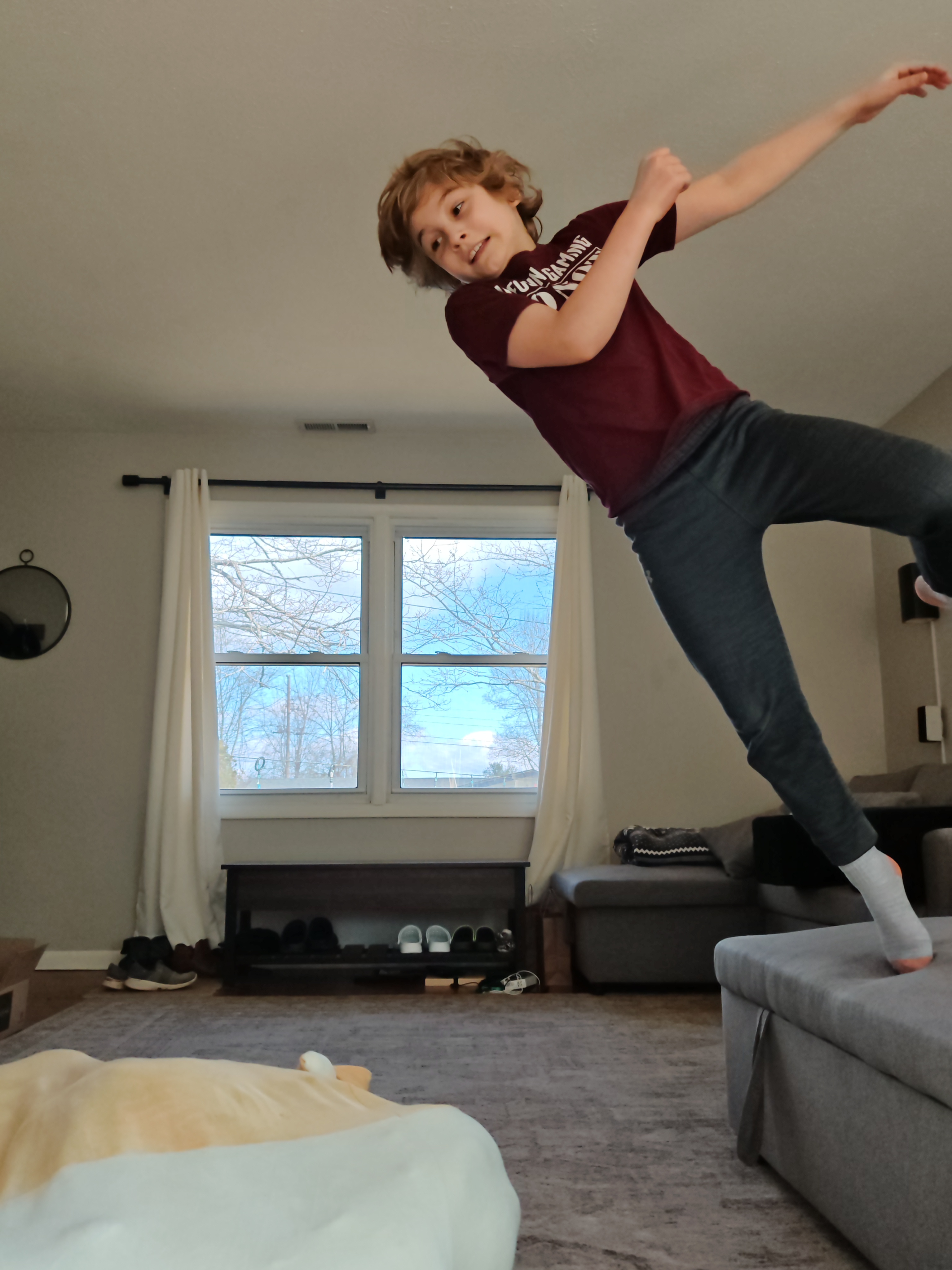
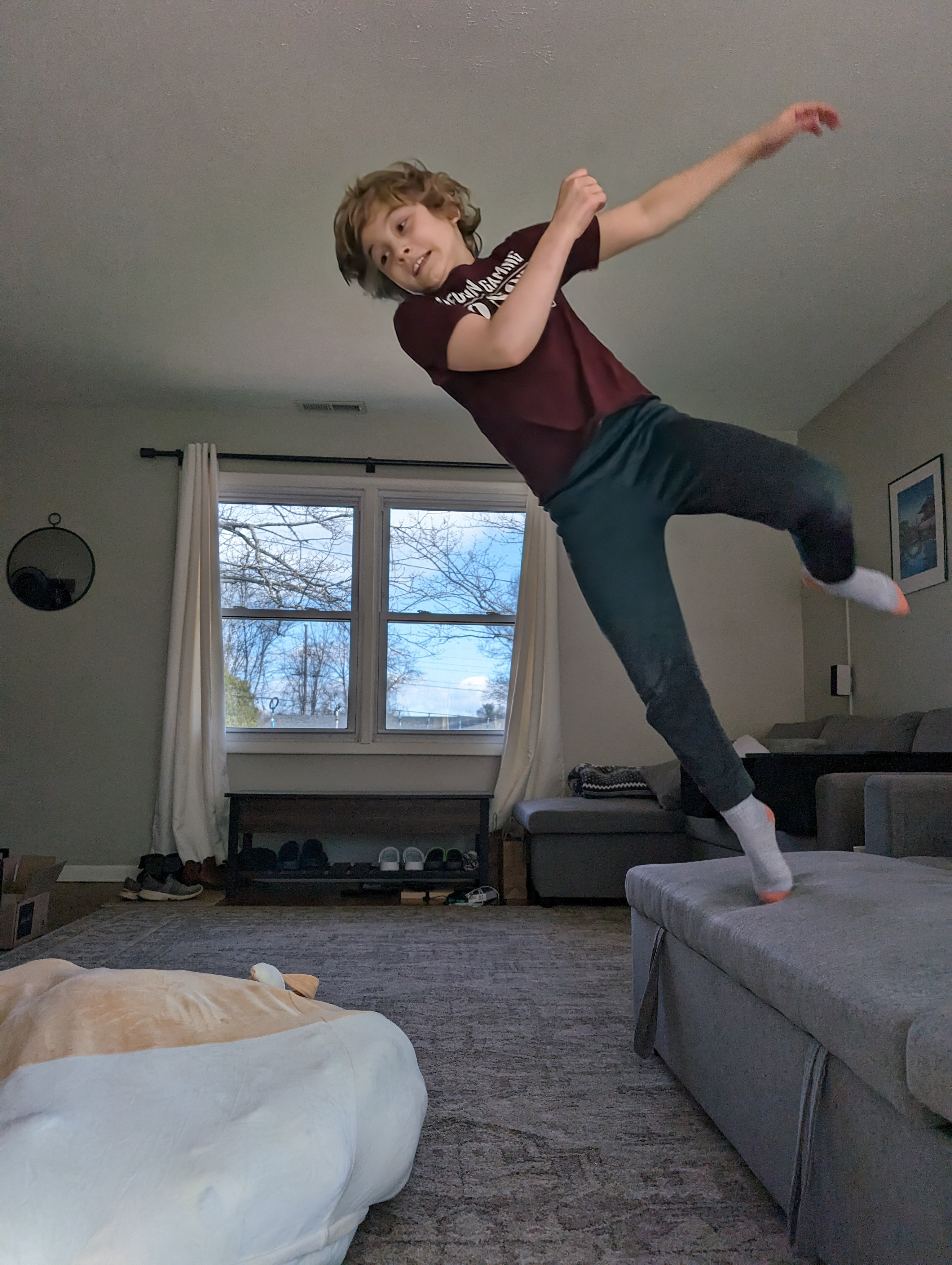
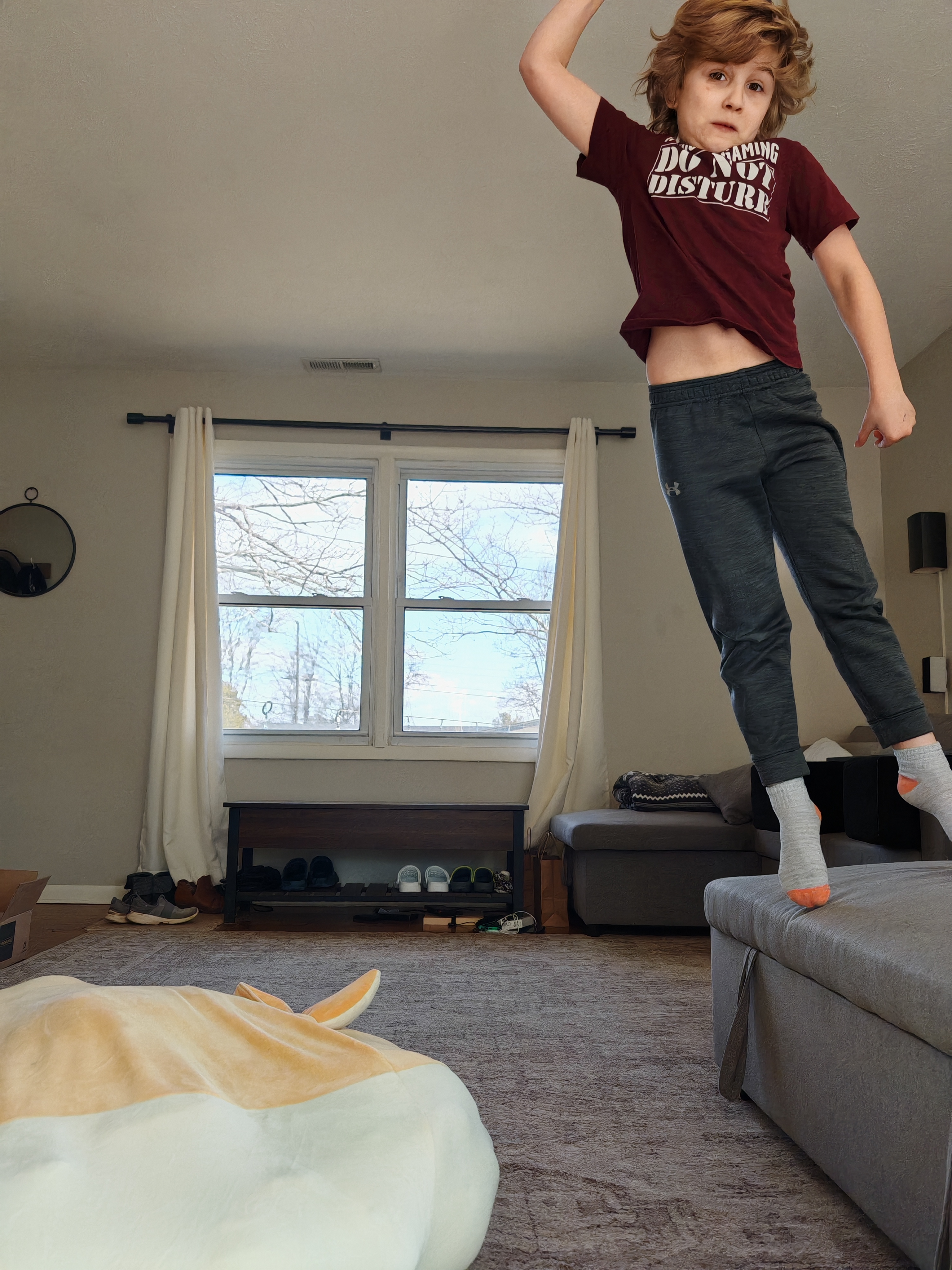
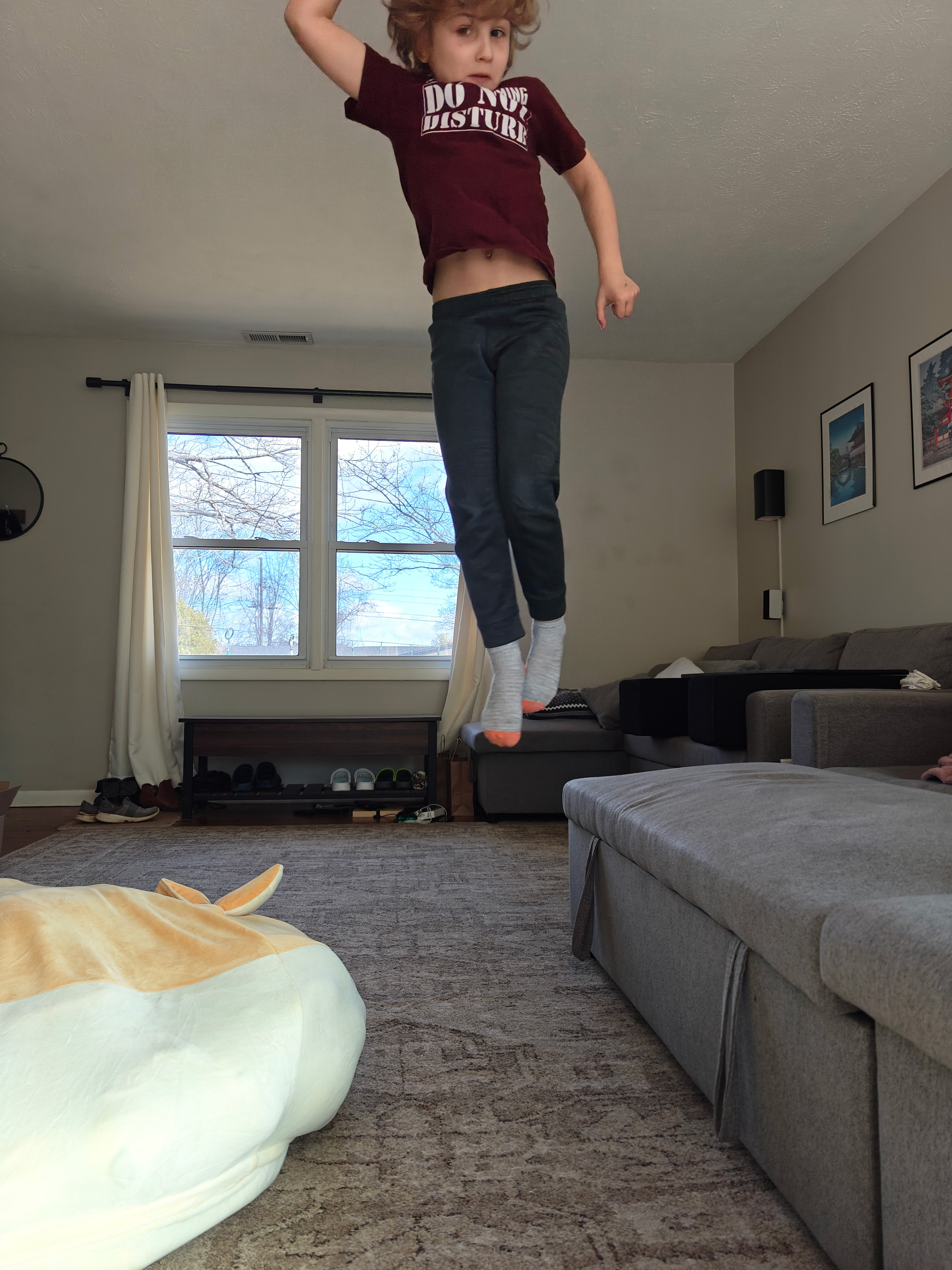
But even if you'd rather capture your images by tapping the shutter, the Honor Magic 6 Pro will get it right basically every time. I ran my usual motion test involving my son jumping off our couch onto a pile of stuffed animals. Against four other phones, the Magic 6 Pro captured a great image every single time.
The Pixel 8 Pro was the only other phone that performed this consistently, and even then, the photos from the Honor Magic 6 Pro all looked better than what Google's best could capture.
Honor Magic 6 Pro camera: Main camera
I have very few critiques of the Magic 6 Pro camera experience, but one is certainly the way to quick launch the camera. Most modern Android phones allow you to double-tap the power button at any time — no matter if the screen is on or off — to quickly launch the camera.
The Honor Magic 6 Pro still uses the weird old method of double-tapping the volume down key, which only works when the screen is off. If the screen is on at all — even if it's not unlocked — you'll either have to find the camera shortcut or turn the screen off in order to activate the quick launch feature. It's silly.
Other than that minor annoyance, the point-and-shoot capabilities of the Honor Magic 6 Pro are seldom matched by any modern smartphone. From launching the camera to taking a picture takes roughly 2 seconds. Autofocus works stupendously well, and picture quality is exceptional.








It's difficult to pick a winner between the Samsung Galaxy S24 Ultra, Google Pixel 8 Pro, and Honor Magic 6 Pro's main cameras. All three phones deliver excellent dynamic range and fine detail.
The three examples above show how each phone can trade off with having the best photo, depending on the situation. In the first example, the Honor Magic 6 Pro has better color accuracy, contrast, and fine detail. The second two examples favor the Galaxy S24 Ultra for fine detail and the Pixel 8 Pro for color accuracy.
Overall, though, I found the Honor Magic 6 Pro's photos to look incredibly pleasing. Most complaints were situational, and I didn't notice any particular pattern of weakness in the hundreds of photos I've captured over the past few weeks.
Honor Magic 6 Pro camera: Telephoto camera
When I began this review, I had a hard time imagining that the Honor Magic 6 Pro camera could produce a quality telephoto experience beyond 5x, at best. That's because the telephoto camera is behind a measly 2.5x optical zoom lens, half of what's on a Pixel 8 Pro or Galaxy S24 Ultra and a quarter of what the Galaxy S23 Ultra provides.
But the phone tries to make up for this deficit by using a massive 180-megapixel sensor behind the lens, complete with AI processing. That 180MP sensor is also physically the largest telephoto sensor on any phone to date. That means it takes in more light and more detail than other telephoto sensors.
However, the results tend to be a mixed bag at 5x and beyond. At times, the camera will blow you away when the subject is right. These two examples at 10x and 20x help illustrate that perfectly:





For note, zooming in with each phone produces a slightly different crop level due to lens differences. All camera viewfinders were set to the same zoom number for these examples.
The difference in detail alone is astounding. The Honor Magic 6 Pro decimates the Samsung Galaxy S24 Ultra and Google Pixel 8 Pro in telephoto quality in the first example. Even the color science is better on the Magic 6 Pro, offering up a substantially better 10x photo in every way.
The second example of a House Finch at 20x isn't nearly as cut and dry, and I think the result will be down to personal preference. The Honor Magic 6 Pro's photo is significantly sharper, with crisp edges around the feathers and even some impressive fine detail without noise.
But the Magic 6 Pro achieves this with AI-based approximation, as is most evident around the bird's eyes and beak. Meanwhile, the Galaxy S24 Ultra's photo looks more like a photo taken from a camera rather than a mix of photography and AI.


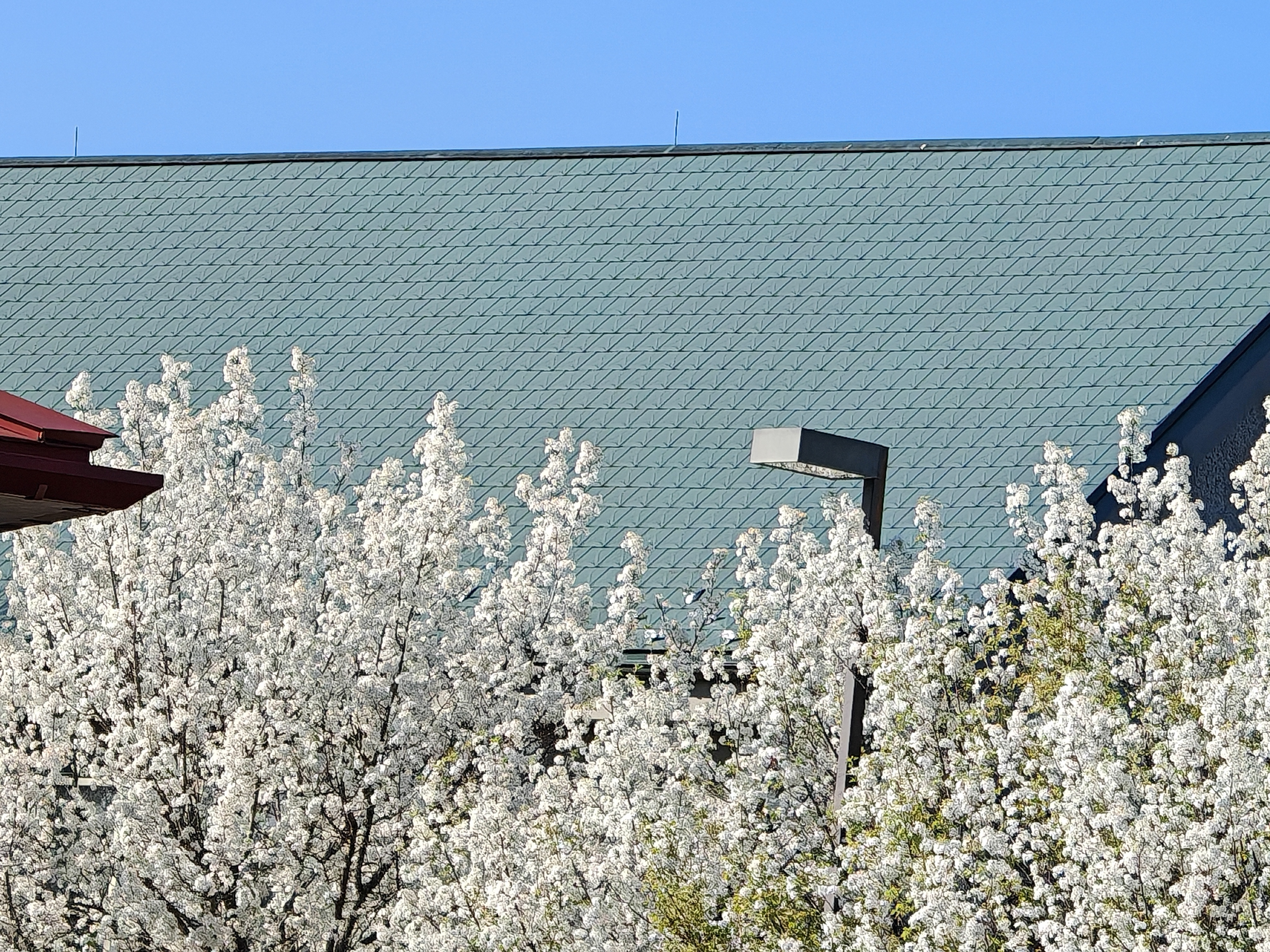
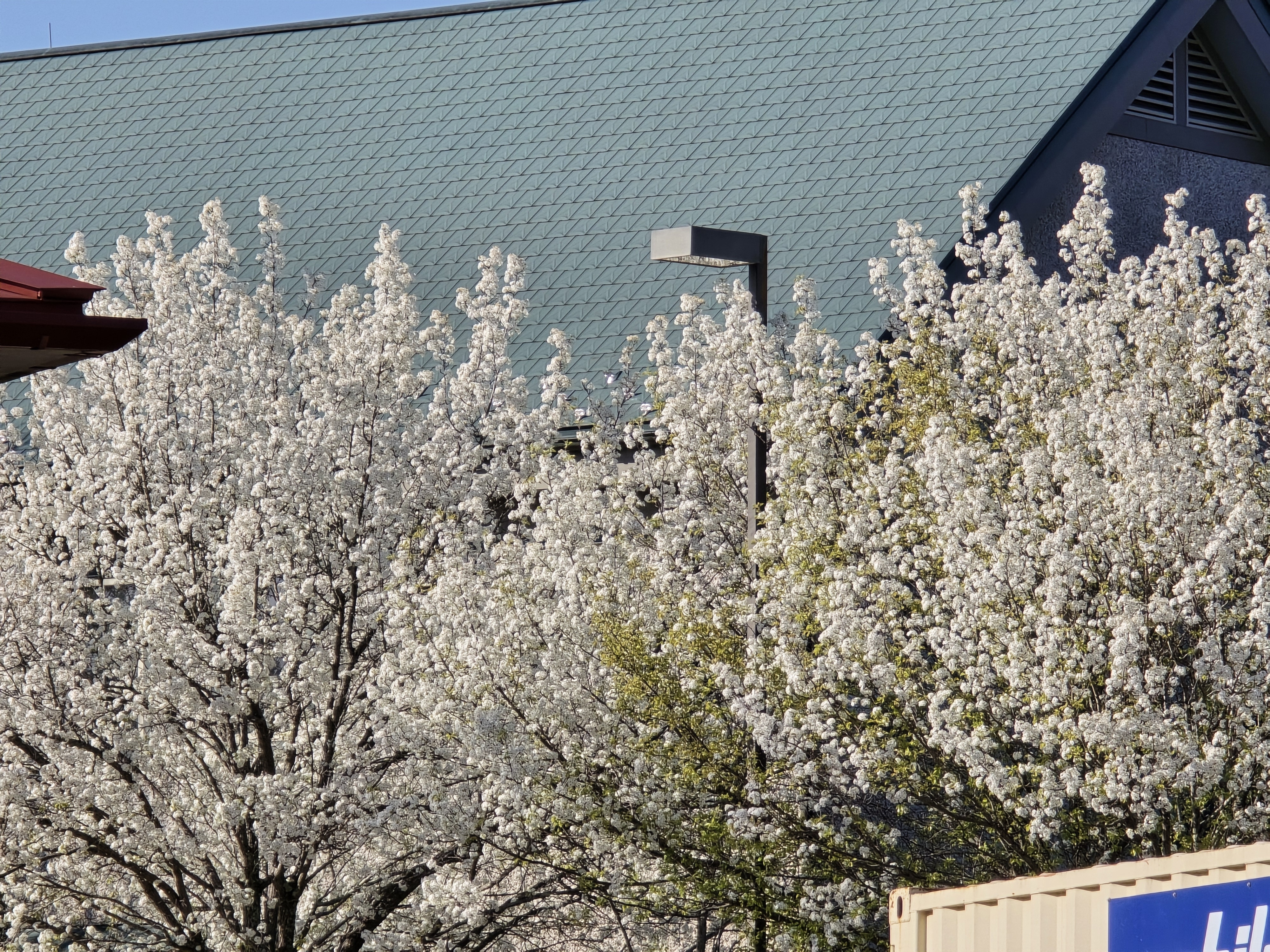

The examples above represent the telephoto image quality produced most often, proving that telephoto performance at 5x and beyond is worse on the Honor Magic 6 Pro than on the Google Pixel 8 Pro or Samsung Galaxy S24 Ultra.
Everything looks like an obvious digital crop since the camera is physically limited to a 2.5x optical zoom lens. Anything beyond that is a mix of digital crops from the main sensor and a large telephoto sensor.
Overall, telephoto performance was fairly disappointing unless you stick close to the 2.5x zoom preset on the viewfinder.
Honor Magic 6 Pro camera: Low light
Since the Magic 6 Pro uses AI so heavily for its processing, low-light photography on the phone tends to be brilliant. Captures from all three rear sensors are incredibly clean, often using heavy denoise algorithms paired with AI detail reconstruction. This produces pictures that look "watercolored" when zooming in, yet, most often the fine details are preserved thanks to the AI on the phone.
Honor also seems to crank up the saturation in lower light, making this neon-lit arcade an immediate wow factor. This means colors aren't accurately represented but certainly "look good" to the human eye.

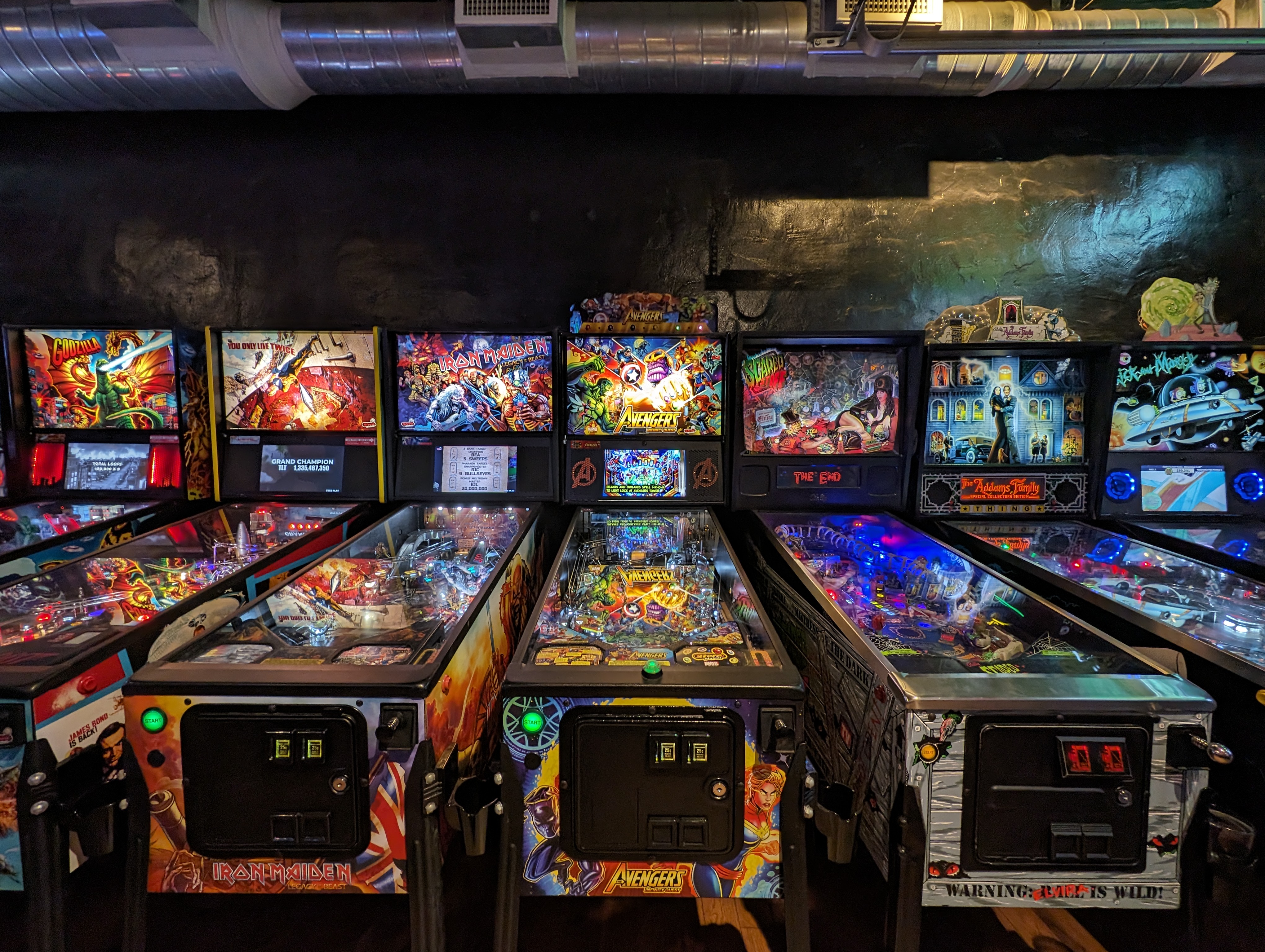
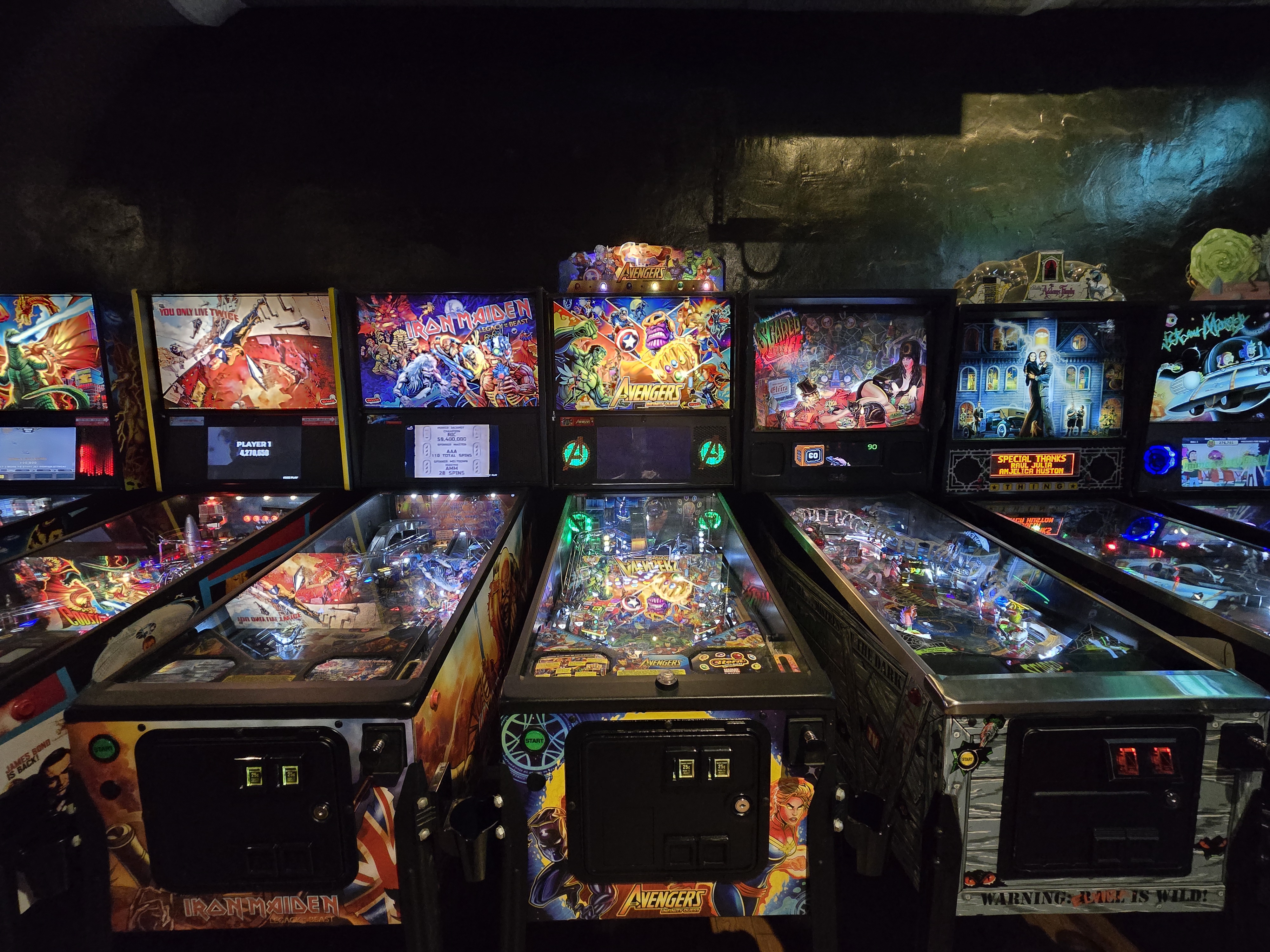






Overall, I prefer the look of photos from the Samsung Galaxy S24 Ultra in most of the shots. The colors are both more natural, and the fine details look more realistic, even though more noise is apparent in the shots.
The only shot where I think the Honor Magic 6 Pro wins is the main camera image, where it pulled out more fine detail throughout the photo. Bricks in the background have clear delineation and the text on the boards in the arcade are more readable.
The Google Pixel 8 Pro continues to fall behind the other two, often producing softer, less attractive photos from each lens.
Honor Magic 6 Pro camera: Front-facing camera
The Honor Magic 6 Pro's 50MP front-facing sensor sounds great on paper, but I found it tends to take semi-blurry photos in all lighting conditions. This is bizarre given the phone's penchant for taking crisp photos of objects in motion, but it seems the phone uses different processing methods on the front-facing camera.
Not only that, but portrait mode didn't seem to work at all until I realized that "bokeh" is disabled by default. I have no idea who at Honor thought it made sense to disable bokeh — a sort of catch-all term for a highly blurred background and crisp foreground in the smartphone world — by default, but it was a terrible decision that's going to confuse a lot of customers.






Compared to the Samsung Galaxy S24 Ultra, the Honor Magic 6's front-facing shots are a bit underwhelming. They're not bad but the odd motion blur when I was holding the camera still is very strange.
It's also a shame that bokeh isn't enabled by default on the Magic 6 Pro. The phone takes rather exemplary portrait mode shots with this feature properly enabled, and I simply cannot understand why Honor would default to it being off when the expectation of portrait mode is to have it enabled.
Honor Magic 6 Pro camera: Conclusion
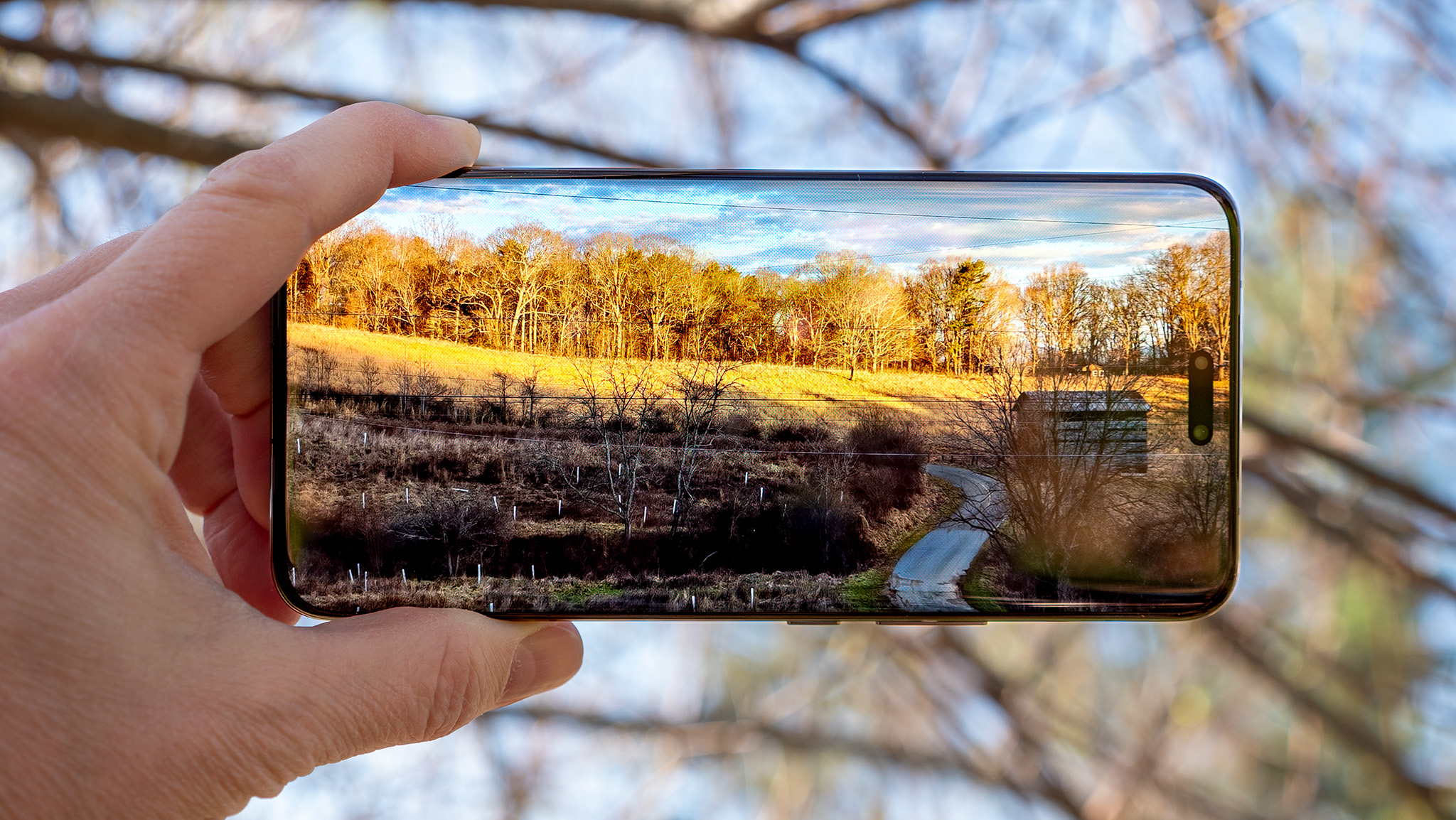
The Honor Magic 6 Pro camera experience is one that'll regularly impress, from excellent low light photography to crisp capture of moving subjects. The camera UI isn't anything revolutionary but it doesn't really need to be. I still prefer the Google Pixel camera UI over other phones but there's nothing offensive here.
The phone truly shines is in its AI processing abilities, which comes in handy when you take a picture or you want to let the phone take a picture for you. It sounds like a gimmick at first, but parents who often find one hand is occupied while the other is trying to take pictures will quickly understand how beneficial such a feature can be.
While the Pixel 8 Pro and Samsung Galaxy S24 Ultra often took better photos from their respective telephoto cameras, the Magic 6 Pro still did a superb job and often delivered excellent photos up to 10x zoom. Beyond that, most shots were obviously digital crops and not particularly good looking.
Overall, Honor has delivered a fantastic camera and one I feel confident using no matter what situation I find myself in.

You must confirm your public display name before commenting
Please logout and then login again, you will then be prompted to enter your display name.
